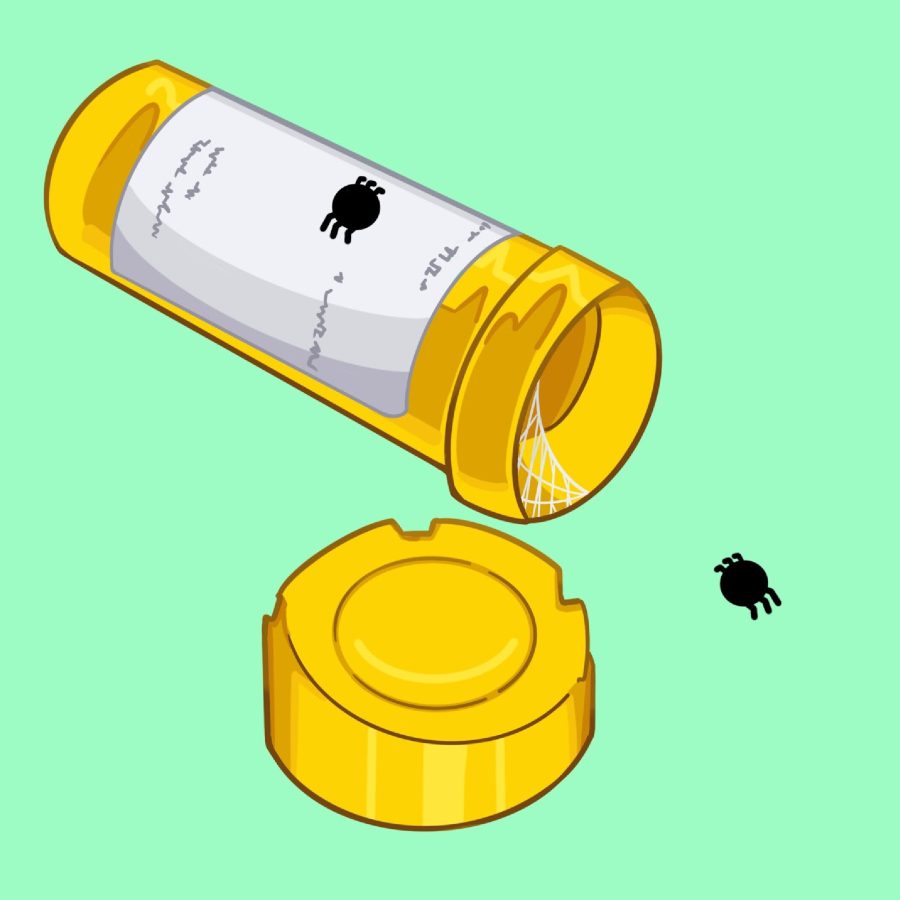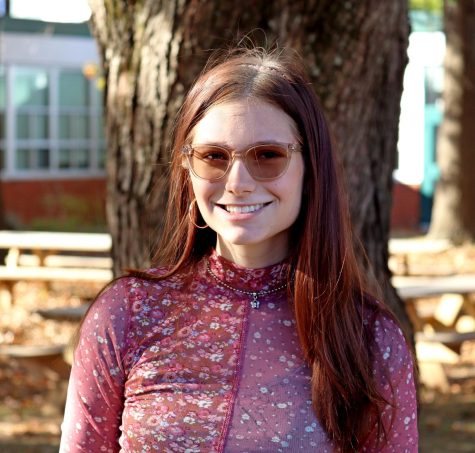Psychiatric shortages cause concern for mental health crisis
April 15, 2023
Shortages of psychiatric beds, workers and medications have surged in the midst of high mental health care demand. There’s an estimated acute level shortage of 8.9 beds per 100,000 adults and a subacute level bed shortage of 10.6 beds per 100,000 adults.
More than just beds, the psychiatric workforce was estimated in 2017 to be short between 14,000 and 31,000 psychiatrists by 2025.
However, COVID-19 completely changed these statistics. High demand for mental health care rose tremendously over the pandemic, further dividing the resource to patient ratio.
Tamera Port, a therapist at Mountain View Therapy in Purcellville, has witnessed the shortage herself.
“It has been very difficult for patients to be admitted due to lack of beds, and they often have to be transferred out of state, which of course can be very hard on families,” Port said. “As clinicians it’s also difficult for us to provide recommendations: the high turnover rate makes it impossible to promote one location or program over another.”
In a situation where a patient must be admitted, the process can be grueling.
“Here’s the unfortunate part,” Port said. “They usually end up sitting in the ER for hours and hours. They’re too high risk to go back home. It’s bad.”
Bed and worker shortages aren’t the only problems plaguing the mental health field.
Medication shortages are also prevalent, with Adderall being the most notable.
Senior Kimba Pasch works at the Giant pharmacy in town and has her own experience with the medication shortage.
“This shortage originates from the FDA making some new regulations about production of ADHD medications,” Pasch said. “The main manufacturing companies are refusing to spend more money to meet those regulations and hire staff, so Adderall isn’t being produced.”
Adderall, known mostly to treat Attention Deficit Hyperactivity Disorder, is now unavailable to most patients.
“People who have ADHD who may have been on certain medications for a long time can’t get that medication anymore,” Pasch said.
Psychiatrist Gregory Law in Ashburn is no stranger to the Adderall and worker crisis.
“I’m in solo practice, so I just know that it is tough for people to get their Adderall or find a referral for a psychiatrist or therapist at this time,” Law said.
Law explained alternative medications may also be prescribed if Adderall isn’t available.
“There are other medicines that are similar that can be prescribed. Dextroamphetamine is very similar to Adderall and one of its components,” Law said. “There are some other medicines that are brand name only that contain amphetamine salts like Dyanavel.”
Unfortunately, these alternative medicines are also currently difficult to acquire due to insurance company policies.
“Insurance companies don’t like to pay for brand-only medicines, preferring generics,” Law said. “Brand name only medicines are often cost prohibitive if the insurance doesn’t cover it.”
However, these shortages do not mean help is completely unavailable. Valley school counselor Candala Grim shares resources students may use in a mental health-related situation.
“Individuals should reach out to trusted friends, adults or parents, teachers or school counselors if they need someone to talk about concerns,” Grim said.
Grim recommends the Suicide & Crisis Lifeline #988 in a crisis situation. For any instance of mental health care, students are welcome to book an appointment with a school counselor for help or guidance.








